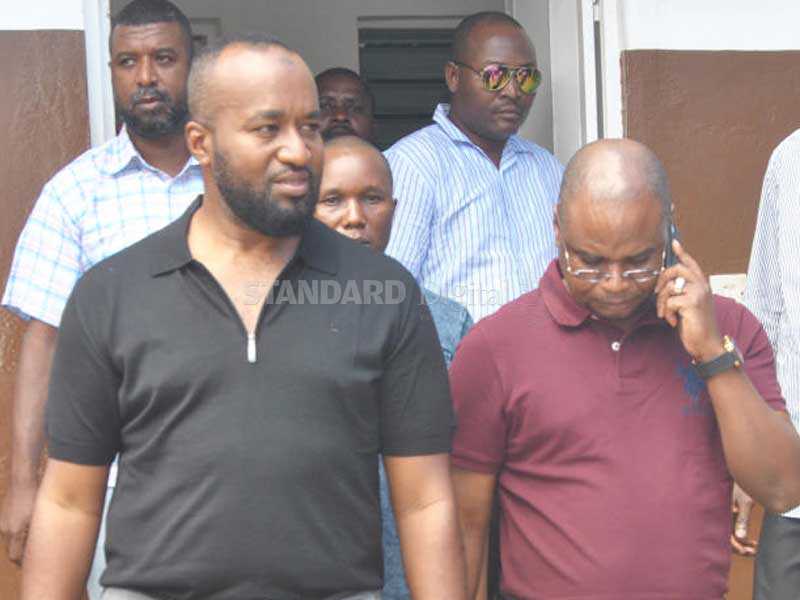×
The Standard e-Paper
Stay Informed, Even Offline

Opinion is divided over renewed push by a section of Coast legislators to form a political party and whether this is tied to the secession agenda currently gaining traction in the region.
Plans to form the party are driven by ODM MPs from Kilifi County who recently criticised NASA’s leadership claiming Coast was sidelined in sharing of parliamentary posts.